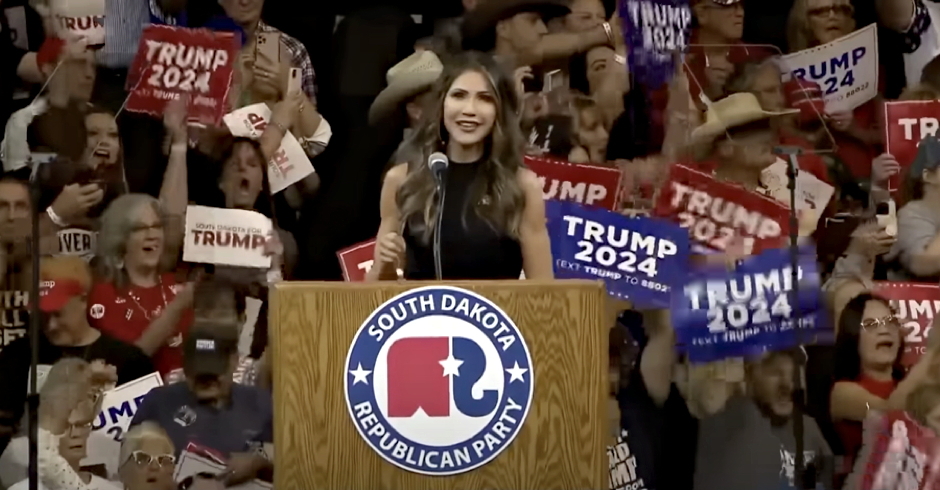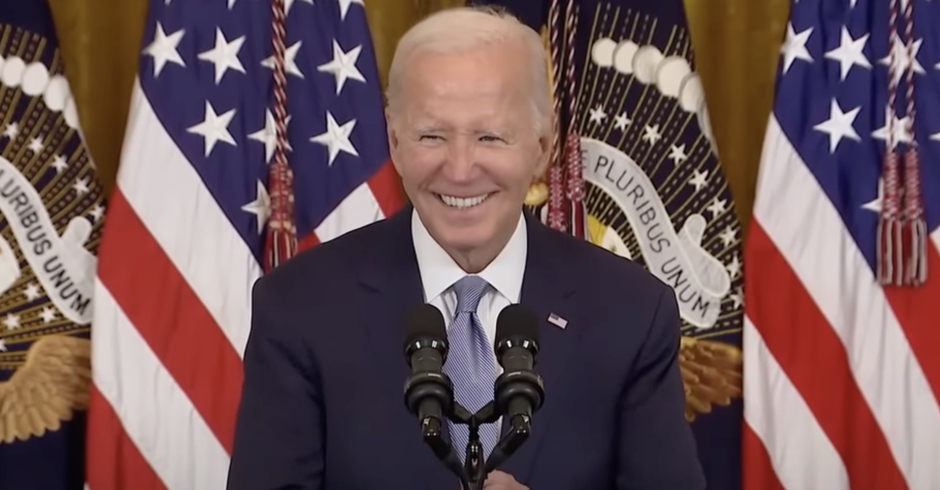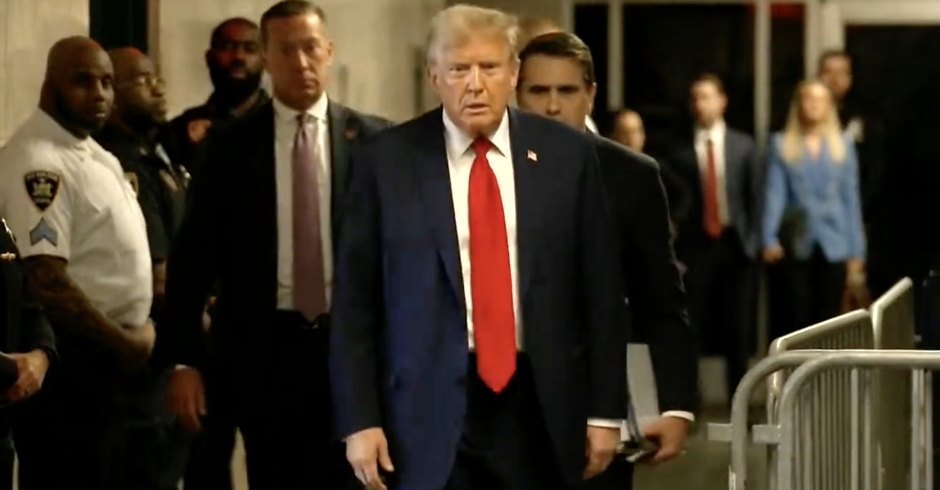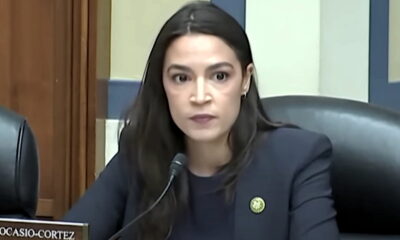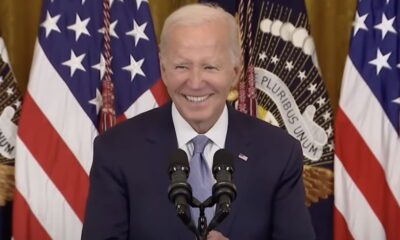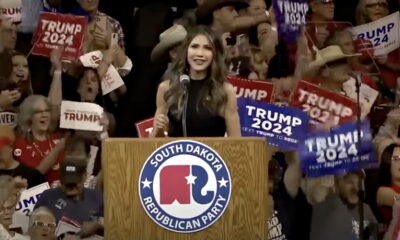Julian Bond, Former NAACP Chair, Supports Same-Sex Marriage Equality (Video)
Julian Bond, the former chairman of the NAACP, and the first president of the Southern Poverty Law Center, supports same-sex marriage equality, as he discusses in this video produced by the Human Rights Campaign (HRC) for their new Americans for Marriage Equality series.
“Gay and lesbian couples have the same values as everyone else; love, commitment, and stable families,” says Bond, now Chairman Emeritus of the NAACP, the nation’s oldest and largest civil rights organization. “They should have the same right to marry as the rest of us.”
HRC adds, “Gay and lesbian couples share the same hopes and dreams for their families as everyone else but are denied the ability to solidify that commitment in most states. Americans for Marriage Equality is sparking a national conversation about ending same-sex couples’ exclusion from marriage.”
Bond is no stranger to advocating for same-sex marriage equality. In December, 2009, Bond delivered an amazingly eloquent and impassioned plea to the New Jersey Legislature in favor of marriage equality:
Â
[display_podcast]
Â
The Americans for Marriage Equality series follows almost the same successful formula of their New Yorkers for Marriage Equality series that ended when New York began offering marriage equality earlier this year. Julian Bond’s video is the third in the series, following Mo’Nique, and Cory Booker.
The one difference? Currently, the campaign is featuring popular and influential African-American figures. New York Times columnist Frank Bruni, who himself is gay, noted in his column yesterday the series “implicitly acknowledges the complicated relationship between gay Americans and another minority group not firmly on their side.”
In some perfect world where human nature is less messy and history less fraught, any and all people who had ever suffered discrimination would find common cause, gathering together under one big anti-bigotry banner.
In our world there are divisions and even tensions among minority groups, and the quest to legalize same-sex marriage — now permitted in six states and Washington, D.C. — has met particular resistance from African-Americans.
This isn’t a topic that advocates for gay rights or their many black supporters relish discussing, because it focuses on a wedge where they wish there was a tighter bond. But polls indicate that support for same-sex marriage lags among black Americans.
In 2008 Californians passed Proposition 8, which prohibited state recognition of same-sex marriage, with a 52 percent majority. Voting analyses suggest that between 58 and 70 percent of black voters backed the prohibition.
Last April, as the successful push for same-sex marriage in New York picked up speed, asurvey of state voters by the Siena College Research Institute found that 62 percent of white voters and 54 percent of Latino voters favored it. Only 46 percent of black voters did.
And in Maryland, which is almost certain to debate same-sex marriage next year, a recent poll by Gonzales Research & Marketing Strategies depicted a split among the state’s residents, with 48 percent in favor and 49 opposed. Among black Marylanders, though, support fell to 41 percent and opposition rose to 59.
The Maryland legislature already considered a bill to legalize same-sex marriage early this year. It passed the Senate but faltered in the House of Delegates, which in the end didn’t vote on it. Advocates said one reason was an outcry from black pastors and the chilling effect of that in a state whose percentage of black residents, 29.4, is much higher than the percentage nationally (12.6) or in New York (15.9), according to the 2010 census.
The formula is almost a mirror image of one being used by HRC’s opponent, NOM, the National Organization For Marriage, which has worked hard to organize the African-American and Latino communities around the same issue — but in a well-funded effort to oppose same-sex marriage, relying on their religious beliefs.
https://youtube.com/watch?v=pdG8BaEz1ec%3Fversion%3D3%26hl%3Den_US%26rel%3D0

Enjoy this piece?
… then let us make a small request. The New Civil Rights Movement depends on readers like you to meet our ongoing expenses and continue producing quality progressive journalism. Three Silicon Valley giants consume 70 percent of all online advertising dollars, so we need your help to continue doing what we do.
NCRM is independent. You won’t find mainstream media bias here. From unflinching coverage of religious extremism, to spotlighting efforts to roll back our rights, NCRM continues to speak truth to power. America needs independent voices like NCRM to be sure no one is forgotten.
Every reader contribution, whatever the amount, makes a tremendous difference. Help ensure NCRM remains independent long into the future. Support progressive journalism with a one-time contribution to NCRM, or click here to become a subscriber. Thank you. Click here to donate by check.
 |
